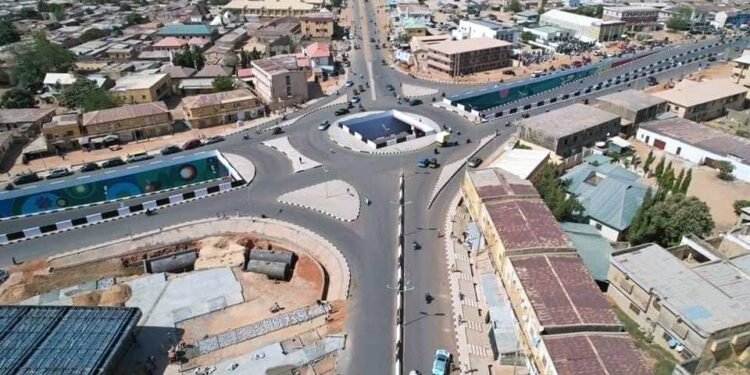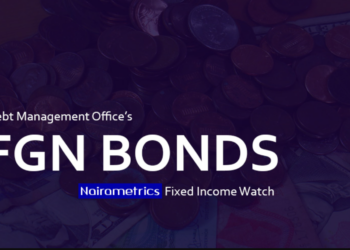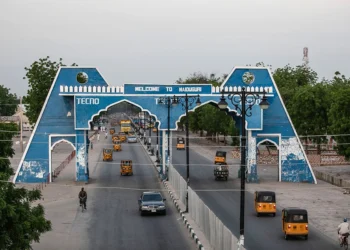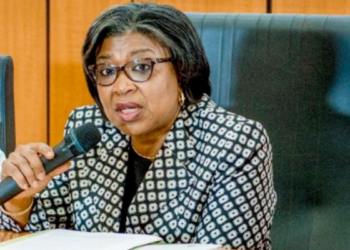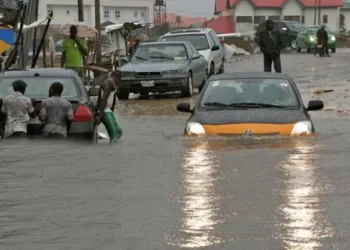Nigeria’s ten least indebted states owed a combined total of N191.8 billion in domestic debts in Q1 2025, according to the Debt Management Office (DMO).
This represents 4.96% of the country’s total sub-national debt during the quarter.
In the period under review, Jigawa emerged as the state with the lowest sub-national debt in the federation.
On a year-on-year basis, sub-national debt among these states declined by 4.91%, from N4.07 trillion in Q1 2024 to N3.87 trillion in Q1 2025. States such as Anambra, Borno, and Kaduna also recorded reductions in their debt profiles over the same period.
The latest DMO report highlights a reshuffling in Nigeria’s sub-national debt landscape, influenced by fiscal constraints, infrastructure development ambitions, shifts in oil revenue, and tighter federal allocations.
This analysis examines the debt trends of the top 10 least indebted states.

The Borno state domestic debt stock fell from N36.89 billion to N25.1 billion year-on-year. This represents a 31.96% reduction in the period under review.
This state’s significant decline is driven by successful debt renegotiations, better cash management, and fewer new capital commitments.
Also, key to this development is the increase in FAAC allocations and IGR of the state.
The Borno government set a N25 billion internally generated revenue (IGR) target 2025, as against the N19 billion for last year.
The chairman of the Borno State Internal Revenue Service, Bello Ibrahim, announced that the agency had already generated over N18 billion as of September, adding that by the end of November, it would have surpassed its 2024 projections of N19 billion.
“We are looking at generating N25 billion in 2025, God willing. We will intensify efforts to leverage the little peace we are gaining in the state and expand the scope of our collections,” said Ibrahim.
While presenting its N584 billion budget proposal for the 2025 fiscal year to the State House of Assembly in December 2024, the governor of Borno state, Babagana Zulum, said that the budget is projected to be financed through recurrent revenue of N279.51 billion, which includes Federation Account Allocation Committee receipts of N249.42 billion and Internally Generated Revenue of N30.09 billion.
The state plans to invest heavily in agriculture to enhance food security and job creation through provisions for irrigation systems, fertilizers, and the cultivation of over 100,000 hectares of farmland.
The government also intends to rehabilitate the College of Agriculture, which was damaged by floods, and upgrade facilities at Ramat Polytechnic and the College of Education, Waka-Biu.
Also, the Borno State Government allocated N7.46 billion for the reintegration, disarmament, and demobilisation of repentant Boko Haram members in its 2025 budget.
Other key capital projects include erosion and flood control (N15 billion), purchase of grains for buffer stock across the state (N10.24 billion), hospital construction (N10 billion), scholarships for indigenes (N9.3 billion), rehabilitation of Maiduguri Hotels and other infrastructure (N8 billion), and equipping the state university teaching hospital (N8 billion).

